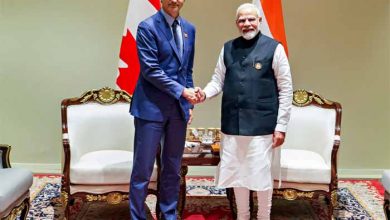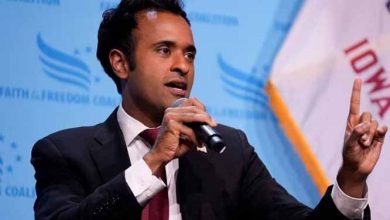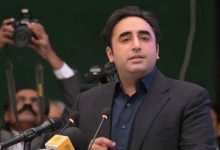As Lebanese got poorer, politicians stowed wealth abroad

Beirut, Oct 06 (AP):
A trove of leaked documents confirmed that for years, Lebanon’s politicians and bankers have stowed wealth in offshore tax havens and used it to buy expensive properties a galling revelation for masses of newly impoverished Lebanese caught in one of the world’s worst economic meltdowns in decades.
Some of the newly outed holders of offshore accounts belong to the same ruling elite that is being blamed for the collapse and for derailing the lives of ordinary Lebanese who have lost access to savings and now struggle to get fuel, electricity and medicine.
Bold-faced names in the leaked documents include the longtime central bank governor, a pivotal figure in the failed policies that helped trigger the financial crisis, as well as Prime Minister Najib Mikati and his predecessor.
The documents, named the Pandora Papers, were examined by the International Consortium of Investigative Journalists, with the first findings released Sunday. The ICIJ report exposes the offshore secrets of wealthy elites from more than 200 countries and territories.
It was based on a review of nearly 11.9 million records obtained from 14 firms that provide services in setting up offshore firms and shell companies. Clients of such firms are often trying to hide their wealth and financial activities.
Setting up an offshore company is not illegal, but reinforces the perception that the wealthy and powerful play by different rules a particularly upsetting notion for many Lebanese. The papers show how members of the political class were sending wealth abroad for years, even as they urged people to deposit money in Lebanon’s banks, assuring them that it was safe, said Alia Ibrahim, a Lebanese journalist.
We are not talking about regular citizens, said Ibrahim, a co-founder of Daraj, a Beirut-based independent digital media platform, and one of sores of journalists across the world who worked with ICIJ on the investigation into the documents.
“These are politicians who served in public office for years, and they are partly responsible for the current crisis Lebanon is going through, she said.
Lebanon is in the midst of what the World Bank says is one of the world’s worst economic meltdowns in the past 150 years. More than 70% of the population has been thrown into poverty, their savings nearly wiped out in the crisis that began in late 2019 and was in part caused by decades of corruption and mismanagement by the political class.
Hundreds of thousands of people staged nationwide protests against corruption starting in late 2019. Yet two years later the same politicians still run the country in the same way, protected by the sectarian-based system. One of the protesters, Samir Skaff, said that the Lebanese are not surprised to be told that the political class “is made up of a bunch of thieves.” “We have been saying that for years, he said.
Offshore companies, though not illegal, can be used to elude taxes or hide illicitly gained money. The leaks only add further confirmation to what Lebanese have long said about their ruling class though repeated report of graft or illicit activity in the past have failed to bring change.
———————————








